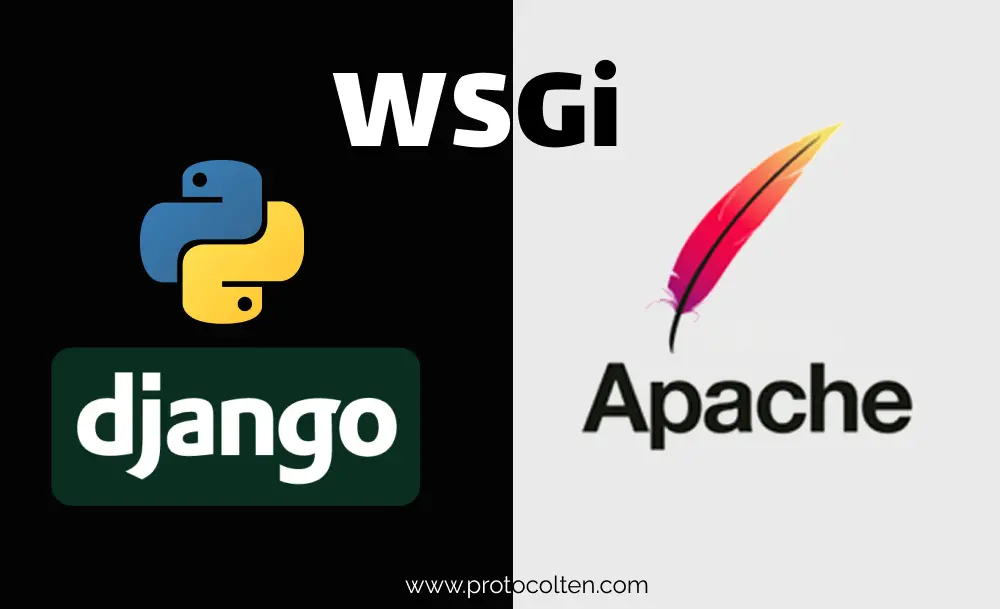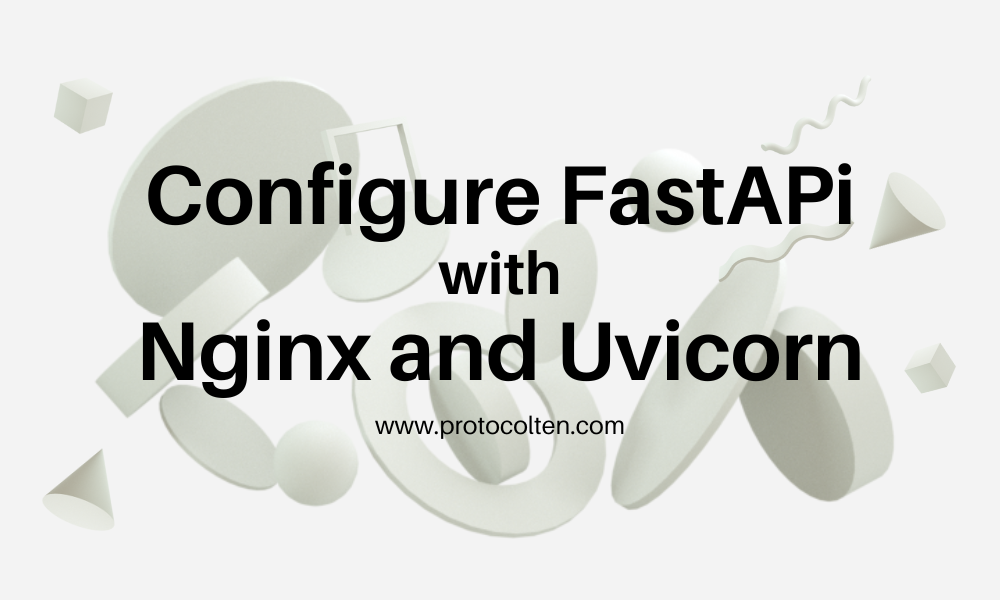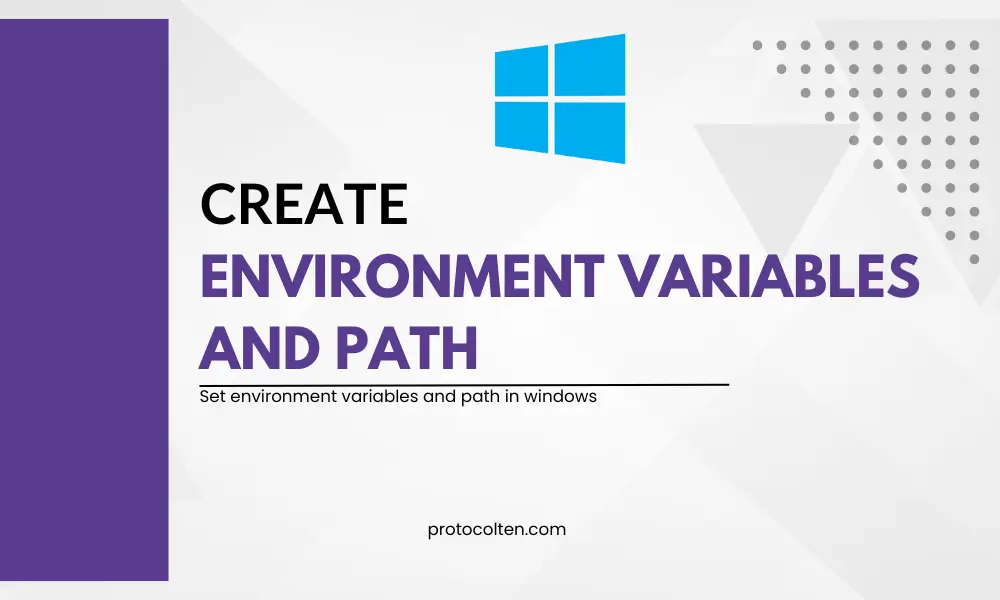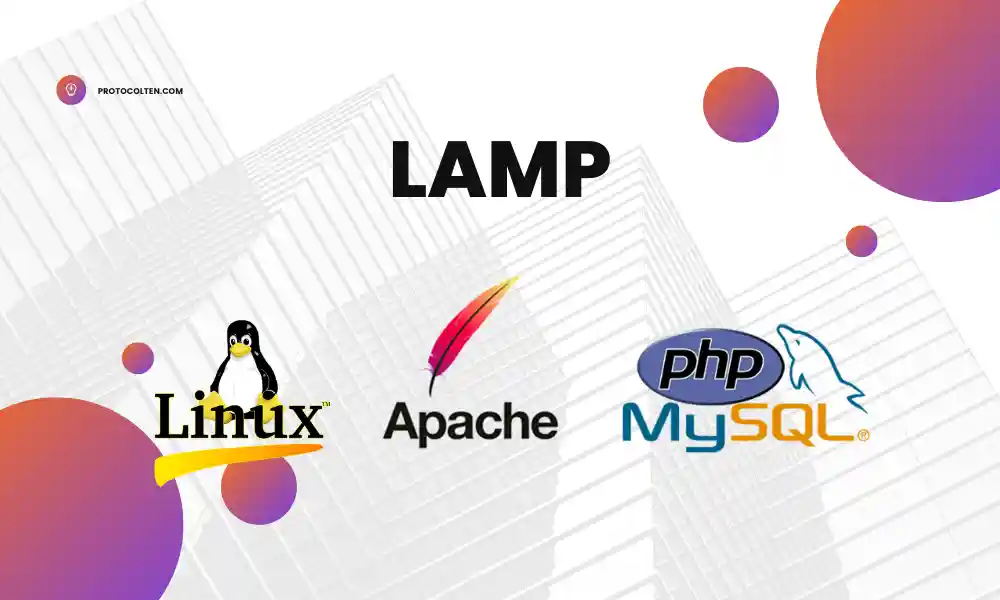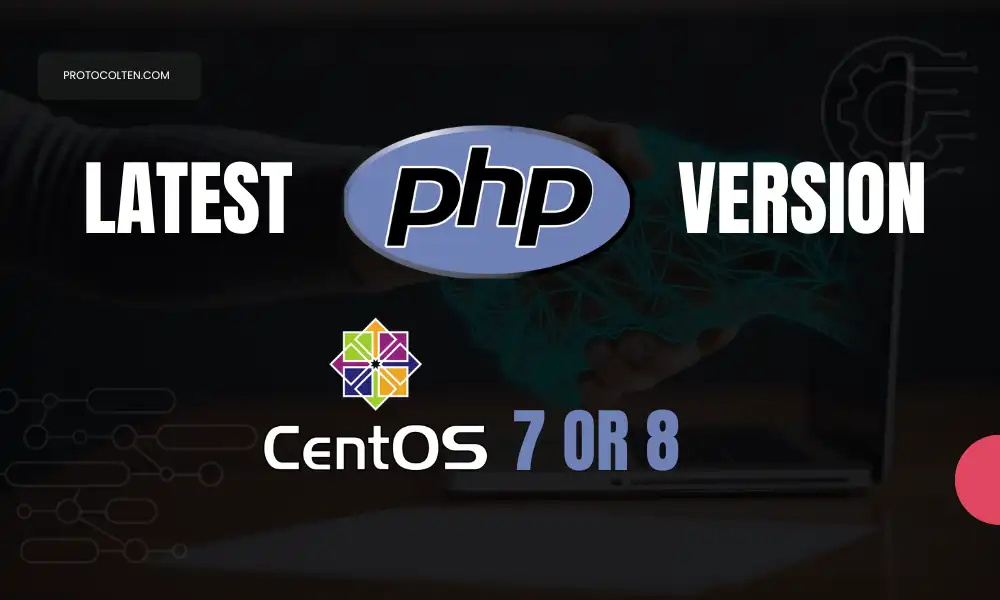
CentOS is great. I have to admit that all those SELinux enforcement and other security features are just amazing. That's what makes It Server Choice Distributions. But, If you are not using CentOS Subscription-based service then the free version does include all the packages but these packages are too outdated. For some packages, the available version is already depreciated.
If you are using CentOS 8/7 as a web server, then you sure want updated packages. And one of the packages is Php, which is mainly used for WordPress. In this post, you'll get to know the process of installing the Latest version of the Php package on your CentOS 8 or CentoOS 7.
Latest version of PHP for CentOS 8
As of now, the Php version in CentOS official repository is 5.x but Php has released 8.x already, which is not available in CentOS official repository (non-Subscription-based). To install the latest version of Php follow the below steps in sequence:
$sudo yum install -y https://dl.fedoraproject.org/pub/epel/epel-release-latest-8.noarch.rpm
$sudo yum install -y https://rpms.remirepo.net/enterprise/remi-release-8.rpm
$sudo yum module list php
$module enable php:remi-8.0
sudo yum install php to install version 8.0 of PHP.
Usage of epel repository
This package will install and enable epel repository in the system that we can further use to install additional packages, packages that are not available in the official CentOS repository.
EPEL stands for Extra Packages for Enterprise Linux. It included additional packages that are usually available in Redhat Linux but not in CentOS.
Usage of remi repository
Remi is a third-party repository that is used in CentOS or other Linux distributions. Remi provides up-to-date packages of Php along with other web-related tools and software such as MySQL. This package will install and configure the system to use remi repository.
Latest version of PHP for CentOS 7
The process of enabling epel and remi in CentOS 7 is slightly different than in CentOS 8. Run the following commands in the same sequence as listed to complete the process.
$sudo yum install epel-release
$sudo rpm -Uvh http://rpms.remirepo.net/enterprise/remi-release-7.rpm
$sudo yum install yum-utils
$sudo yum-config-manager --enable remi-php80
$sudo yum install php
sudo yum install php to install version 8.0 of PHP.

